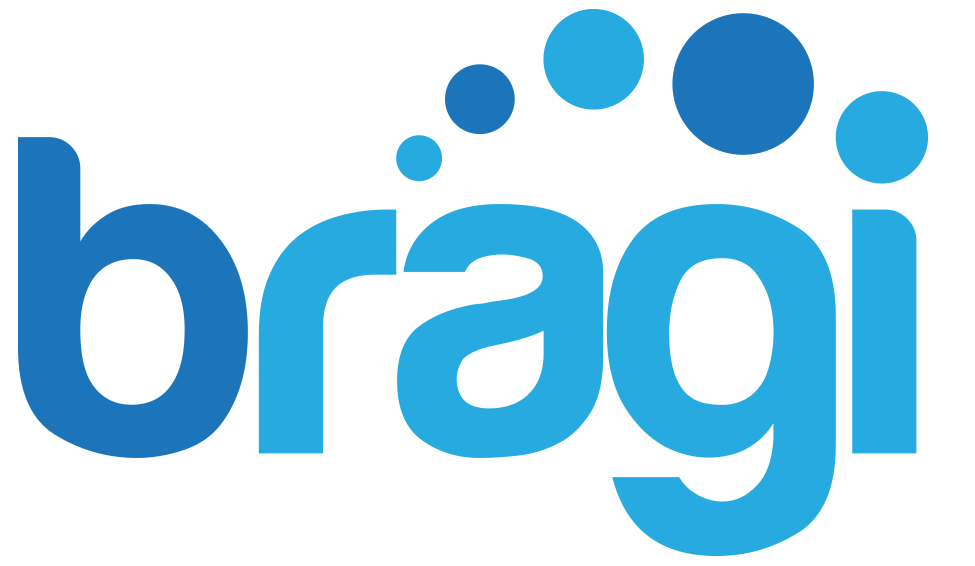Introduction
In a rapidly evolving world where technology is altering the very fabric of society, the Nigerian Civil Service must not be left behind. Despite its critical role in governance and public administration, there are lingering issues with service delivery, accessibility, and efficiency. As an international development and digital transformation expert with 20 years of experience, I am convinced that embracing digital transformation isn’t just an option; it’s a necessity for Nigeria.
Why Digital Transformation?
Digital Transformation entails strategically adopting digital technologies to improve processes, deliver customer value, and stay competitive. For the civil service, this means making services more accessible to the public, increasing administrative efficiency, and improving overall service delivery.
The Benefits
Improved Service Delivery
With digital tools, we can streamline operations, cut delays, and effectively offer services that meet citizens’ needs. From online portals for document submission to AI-driven customer service, digital transformation opens up numerous avenues for improved service delivery.
Case Study: Rwanda’s Irembo Platform
Rwanda has set a glowing example through its Irembo platform, a one-stop portal for accessing government services. This portal significantly reduced the average processing time and made it easier for citizens to obtain essential services.
Enhanced Accessibility
Digital transformation can break down geographical barriers. Rural communities, often marginalized due to their remote locations, can access essential services through digital platforms better.
Case Study: Kenya’s Huduma Centers
In Kenya, Huduma Centers offer over 50 public services under one roof, with many of these services also accessible online. The convenience and accessibility have received commendable public approval.
Greater Efficiency
Automation and data analytics can significantly improve administrative efficiency. Routine tasks can be automated, freeing up human resources for more complex problem-solving.
Case Study: South Africa’s e-Government Strategy
South Africa’s digital transformation included automating tax collections and procurement processes, resulting in faster decision-making and less red tape.
Recommendations for the Nigerian Civil Service
- Implement e-Governance: Develop a comprehensive e-governance strategy aimed at making government services available online.
- Invest in Infrastructure: High-speed internet and digital literacy are essential for digital transformation. These must be developed in parallel.
- Partner with Tech Firms: Public-private partnerships can help in acquiring the necessary technical expertise and solutions.
- Data Protection: Implement strict data protection laws to ensure the privacy and security of citizen data.
- Continuous Training: Offer training programs to equip civil servants with the skills needed to adapt to new technologies.
- Performance Metrics: Establish KPIs to measure the impact of digital initiatives and make necessary adjustments.
Conclusion
Digital transformation is not a luxury but a necessary step towards making the Nigerian Civil Service more efficient, accessible, and responsive to the public’s needs. With successful models in Africa, such as Rwanda’s Irembo platform and Kenya’s Huduma Centers, there is a wealth of case studies and expertise to draw upon.
Nigeria has the potential to not just catch up but set new standards in how civil service can be revolutionized through technology. The time for change is now; let’s embrace the digital future for a better Nigeria.



